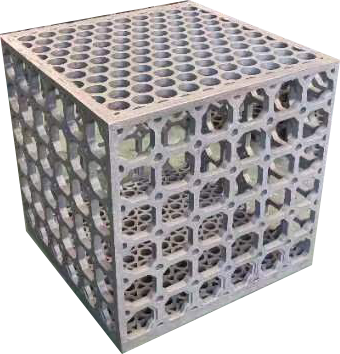alloy steel bar
Alloy steel bar represents a sophisticated engineered material that combines iron with various alloying elements to achieve superior mechanical properties and performance characteristics. These precision-manufactured bars are produced through carefully controlled processes that ensure consistent quality and optimal material properties. The addition of elements such as chromium, nickel, molybdenum, and vanadium enhances the base metal's strength, hardness, wear resistance, and corrosion resistance. These bars are available in various shapes, sizes, and grades, making them versatile for numerous industrial applications. In the manufacturing sector, alloy steel bars serve as crucial components in machinery, automotive parts, construction equipment, and aerospace applications. Their enhanced mechanical properties make them particularly suitable for high-stress applications where standard carbon steel might fail. The manufacturing process involves precise heat treatment procedures, including quenching and tempering, which can be customized to achieve specific mechanical properties required for different applications. Quality control measures, including ultrasonic testing and mechanical property verification, ensure that each bar meets stringent industry standards and specifications. This attention to detail in manufacturing makes alloy steel bars a reliable choice for critical applications where performance and safety are paramount.
